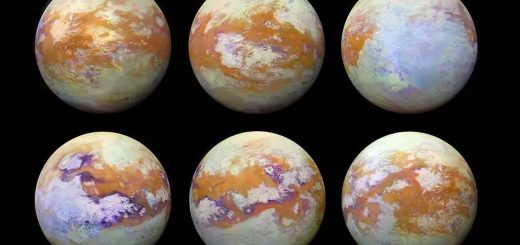Unified approach could improve nature, climate and health all at once
The biodiversity, climate, health, water and food crises need to be addressed together rather than regarded as separate issues, urges a major report
By Michael Le Page
17 December 2024
Tree planting projects help tackle the climate crisis, but they can also impact water supplies
Costfoto/NurPhoto/Getty Images
The major environmental, social and economic crises facing the world today – involving biodiversity, climate change, health, food and water – are inextricably interlinked, and tackling them together has many benefits. Focusing on one issue alone, however, can make the other crises worse.
That is the conclusion of a major report put together by 165 researchers from 57 countries over the past three years, and approved by the governments of 147 countries.
Read more
Spreading rock dust on farms boosts crop yields and captures CO2
Advertisement
The UN conventions on issues such as biodiversity and climate focus on these problems individually. “So what hasn’t been done before that we now do in this report is to join all of that together and show looking at these crises individually not only is inefficient but actually has a real danger,” says Paula Harrison at the UK Centre for Ecology & Hydrology, who co-chaired the assessment process for the report. “Action is urgent, but if we don’t act in a way that takes account of these interdependences, it will cause new problems or make existing problems worse.”
Harrison says the scientific studies assessed for the report provide strong evidence that there are many actions that can be taken that have beneficial effects in all five areas simultaneously. These include conserving and restoring mangrove forests, boosting soil health and carbon content, creating early warning systems for all kinds of hazards, reducing the risk of diseases spreading from animals to humans, universal healthcare and international cooperation on technologies related to these issues.
There are trade-offs: the actions with wide-ranging benefits aren’t the same as the actions that are the most optimal solution to any one problem, she says.


